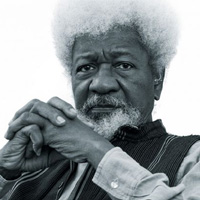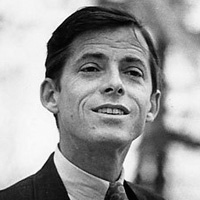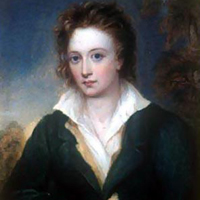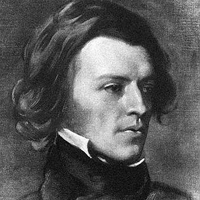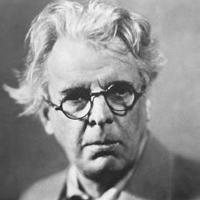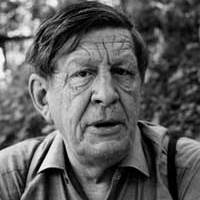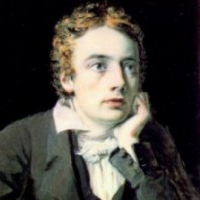Because I Could Not Stop for Death by Emily Dickinson: Summary and Critical Analysis
Because I Could Not Stop for Death is one of the most admired poems of Emily Dickinson. The greatest charm of the poem is in its ambiguity and the elusive nature of the heart of the meaning of the poem. The poem inspires more doubts than can be answered and therefore lends itself to multiple interpretations. The poem is indeed a challenge to the critical insights of the reader. Because of its multiple layers of its significance and the scope, the poem offers for further exploration of newer layers of meaning, it has attracted a good number of great critics.


